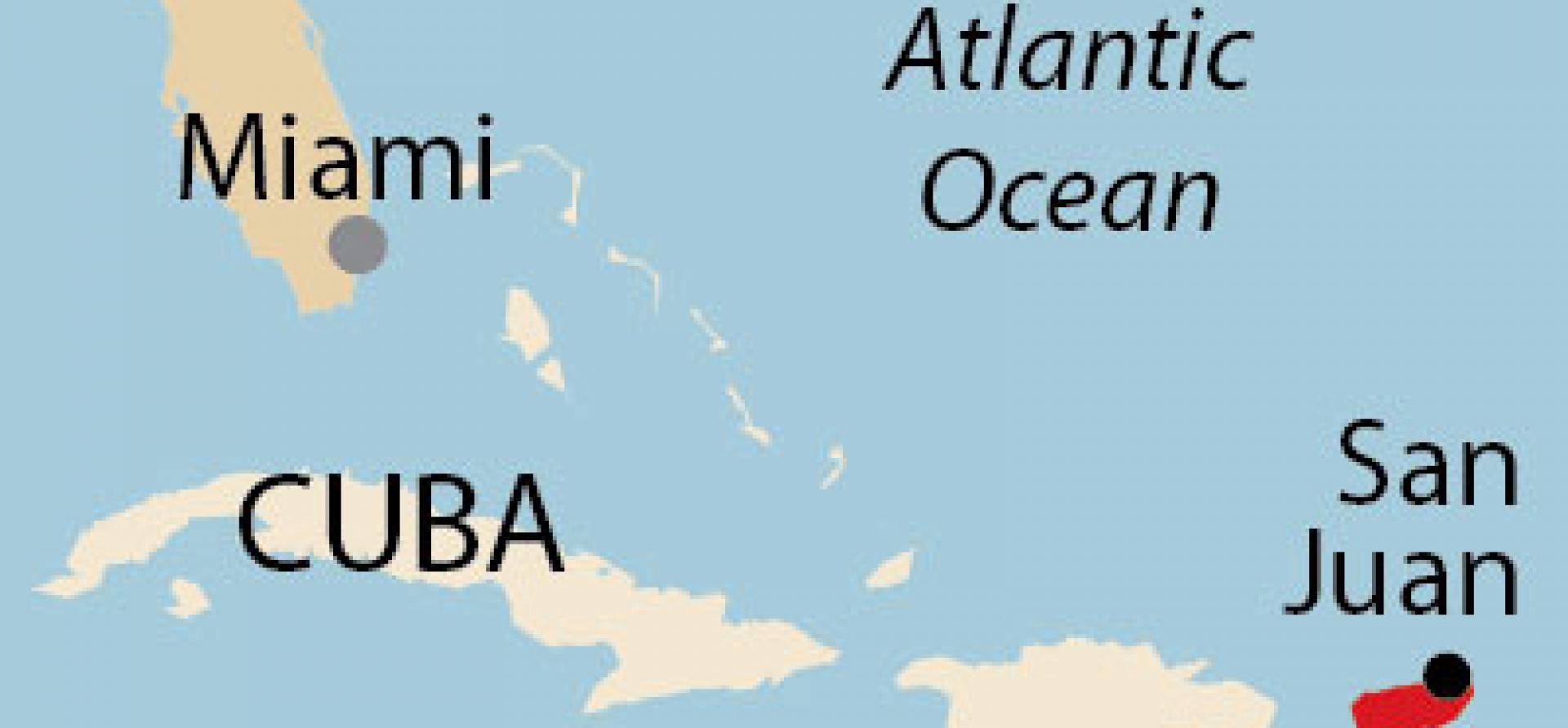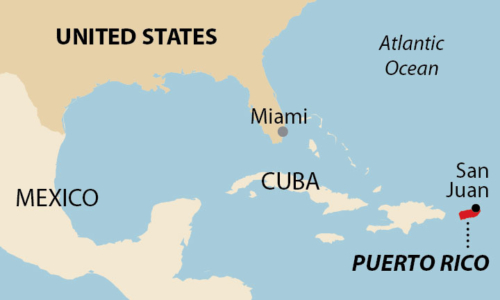IEEFA Update: Two Clear and Opposing Directions Emerge for Puerto Rico

 Sixteen weeks after Hurricane Maria knocked out power in Puerto Rico, and with 45 percent of the island still in the dark, the political battle lines over what direction the electricity system will take are sharpening.
Sixteen weeks after Hurricane Maria knocked out power in Puerto Rico, and with 45 percent of the island still in the dark, the political battle lines over what direction the electricity system will take are sharpening.
On the one hand, the Puerto Rico Energy Commission (which regulates the island’s electricity system) last week proposed rules on establishing microgrids in Puerto Rico. The draft regulations seek to create a stable investment climate for microgrids, which provide resiliency via small-scale power grids that can function independently if necessary of the larger transmission system.
The commission is responding to the obvious need for improving grid reliability and to the interest of both private capital and local stakeholders in developing decentralized energy projects. The draft is part of the commission’s larger regulatory proceeding aimed at developing a long-term vision for the electrical system and the appropriate regulatory and market structures needed to achieve it.
Meanwhile, the federal Financial Oversight and Management Board (FOMB), created by the Congressional Puerto Rico Oversight Management and Economic Stability Act (PROMESA) to resolve Puerto Rico’s massive debt problems, is attempting to sideline the Energy Commission. The board this week put forward its own set of four energy projects that are disconnected from any viable vision for the island’s electrical system.
The board announced—without coordination with the commission—that it is considering four new energy projects for Puerto Rico. These projects include a garbage incinerator that has been the target of years of community opposition; a 20-megawatt wind farm; energy efficiency projects at two correctional facilities; and 540 megawatts of new oil/natural gas dual fuel units.
After a 30-day comment period, the board will vote on whether these four projects should be treated as “critical infrastructure projects” to be developed on an expedited basis.
We see the FOMB’s actions as clearly contrary to the PROMESA statute, which said that the board was required to include a recommendation from the Puerto Rico Energy Commission for each energy-related “critical project” it puts out for public comment. The statute said that the board cannot designate a proposal as a “critical project” if the commission finds that it conflicts with its approved integrated resource plan. No such “critical projects report” has been issued for any of the FOMB’s proposed projects, and there is no indication that the commission was consulted on the projects.
Indeed, it seems unlikely that the Energy Commission would find either the incinerator project or the new dual fuel peaking units consistent with its approved integrated resource plan, which calls for greater emphasis on energy efficiency, demand response and renewables.
The FOMB should instead be ensuring that new investments proposed for Puerto Rico adhere to professional standards and are part of a long-term vision for restoring Puerto Rico to economic stability. Absent independent review by the Energy Commission, the proposed projects do not meet these criteria. Currently the only public information available on these projects is that provided to the board by the project developers, and without independent analysis or a coherent investment policy, it appears the board is simply buying the sales pitches of self-interested developers who would benefit by having their permits expedited.
Status-quo resistance to a sensible transition puts an entire economy at long-term risk.
Given the history of contract irregularities in Puerto Rico and a lack of transparency in the FOMB process, we see little difference between how this critical projects process has developed thus far and the notorious Whitefish Energy contract PREPA entered into after the hurricane.
Puerto Rico Governor Ricardo Rosselló is also working hard to undermine the Energy Commission. Earlier this week, Rosselló came out with a proposal to merge the commission with the Puerto Rico Telecommunications Commission, the Puerto Rico Public Service Commission (which regulates transportation) and the Puerto Rico Consumer Protection Office—all of which would be under the leadership of a single commissioner appointed by the governor. This would destroy the independence of the Energy Commission, which is actively supporting the transition to renewable energy, a direction Rosselló has shown no actual interest in.
The governor and members of the Financial Oversight and Management Board would do well to rethink their resistance to sensible transition.
Cathy Kunkel is an IEEFA energy analyst. Tom Sanzillo is IEEFA’s director of finance.
RELATED POSTS:
IEEFA Update: Puerto Rico’s Hidebound Electric Company
IEEFA Update: The Puerto Rico Electricity ‘Privatization’ Discussion Is a Distraction
IEEFA Update: Puerto Rico’s Solution—a Microgrid System Supported by Solar Energy
IEEFA Update: Politics Is the Main Barrier to Solar Energy Independence in Puerto Rico
















